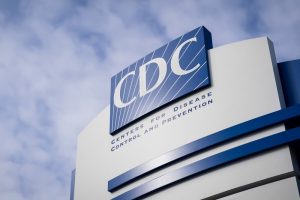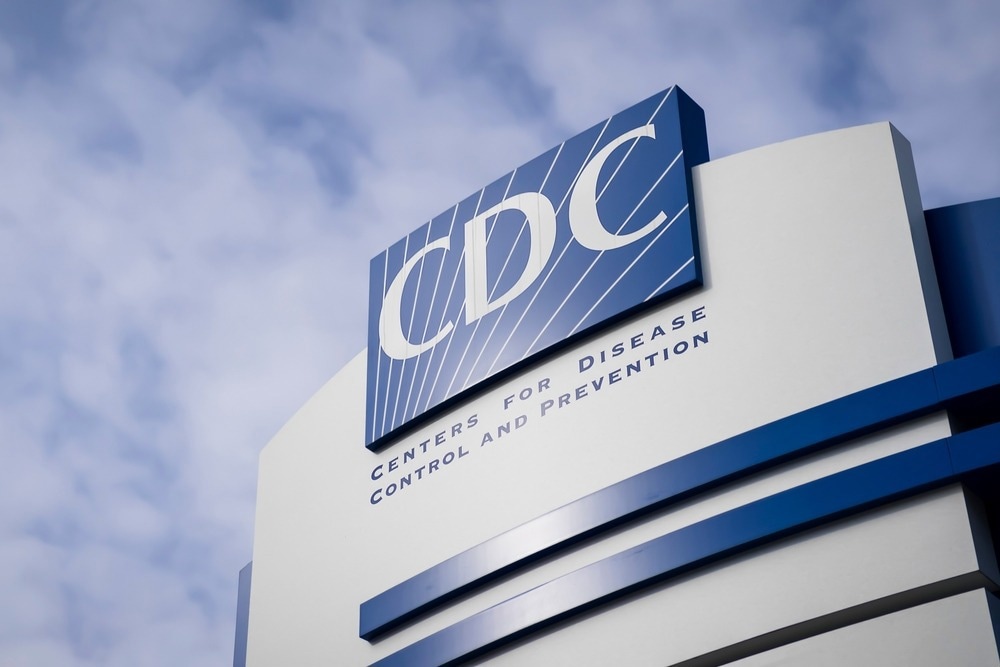Quarantine guidance for Omicron infection

In a 2021 media statement released by the United States Centers for Disease Control and Prevention (CDC), the agency provided a series of updated guidelines on how the U.S. population can protect themselves and others from the severe acute respiratory syndrome coronavirus 2 (SARS-CoV-2) Omicron variant of concern (VOC). Six months later, these guidelines still apply to all U.S. residents, regardless of local, state, tribal, or regional laws.

CDC Updates and Shortens Recommended Isolation and Quarantine Period for General Population. Image Credit: University of College / Shutterstock.com
Guidance
The U.S. CDC recommends that people diagnosed with the coronavirus disease 2019 (COVID-19), as well as those who are asymptomatic or have experienced a fever for more than 24 hours, should wear a face mask for five days to minimize the risk of SARS-CoV-2 transmission. These mask guidelines have changed due to growing evidence that SARS-CoV-2 transmission primarily occurs one to two days before the onset of symptoms and two to three days thereafter.
Updated guidelines were also provided for the general population. To this end, the CDC recommends shortening the isolation time for those infected by the SARS-CoV-2 Omicron VOC to five days, followed by an additional five days of strict masking for those who were exposed to SARS-CoV-2 but unvaccinated.
The same guidelines apply to those who were vaccinated six or two months after their second Johnson and Johnson and messenger ribonucleic acid (mRNA) vaccine dose, respectively, but were not yet boosted. In cases where five days of quarantine is unfeasible, the CDC guidelines mandate that an exposed individual wears a well-fitted mask for ten days after exposure when around people or in public.
Even individuals who have received a booster vaccine dose are required to wear a mask for ten days after exposure; however, these individuals are not required to quarantine. As a precautionary measure, the CDC also recommends SARS-CoV-2 diagnostic testing on day five following the initial exposure, regardless of whether symptoms were present. For those experiencing symptoms, the CDC recommends immediate quarantine until a negative COVID-19 test result is obtained.
Most importantly, the CDC recommends COVID-19 vaccine booster doses for everyone over 16 years of age, as studies have shown that a booster dose restores vaccine effectiveness (VE) against Omicron infections to 75%. Data from South Africa and the United Kingdom have also demonstrated that the VE of two mRNA vaccine doses is about 35% against Omicron infections. Furthermore, the CDC strongly recommended COVID-19 vaccination for everyone five years or older.
The Omicron variant is spreading quickly and has the potential to impact all facets of our society. CDC’s updated recommendations for isolation and quarantine balance what we know about the spread of the virus and the protection provided by vaccination and booster doses. These updates ensure people can safely continue their daily lives. Prevention is our best option: get vaccinated, get boosted, wear a mask in public indoor settings in areas of substantial and high community transmission, and take a test before you gather.”
- CDC Updates and Shortens Recommended Isolation and Quarantine Period for General Population. U. S. Centers for Disease Control and Prevention. (2021). https://www.cdc.gov/media/releases/2021/s1227-isolation-quarantine-guidance.html.
Posted in: Child Health News | Men's Health News | Medical Research News | Medical Condition News | Women's Health News | Disease/Infection News | Healthcare News
Tags: Coronavirus, Coronavirus Disease COVID-19, Diagnostic, Fever, Omicron, Public Health, Respiratory, Ribonucleic Acid, SARS, SARS-CoV-2, Severe Acute Respiratory, Severe Acute Respiratory Syndrome, Syndrome, Vaccine, Virus

Written by
Neha Mathur
Neha is a digital marketing professional based in Gurugram, India. She has a Master’s degree from the University of Rajasthan with a specialization in Biotechnology in 2008. She has experience in pre-clinical research as part of her research project in The Department of Toxicology at the prestigious Central Drug Research Institute (CDRI), Lucknow, India. She also holds a certification in C++ programming.
Source: Read Full Article




